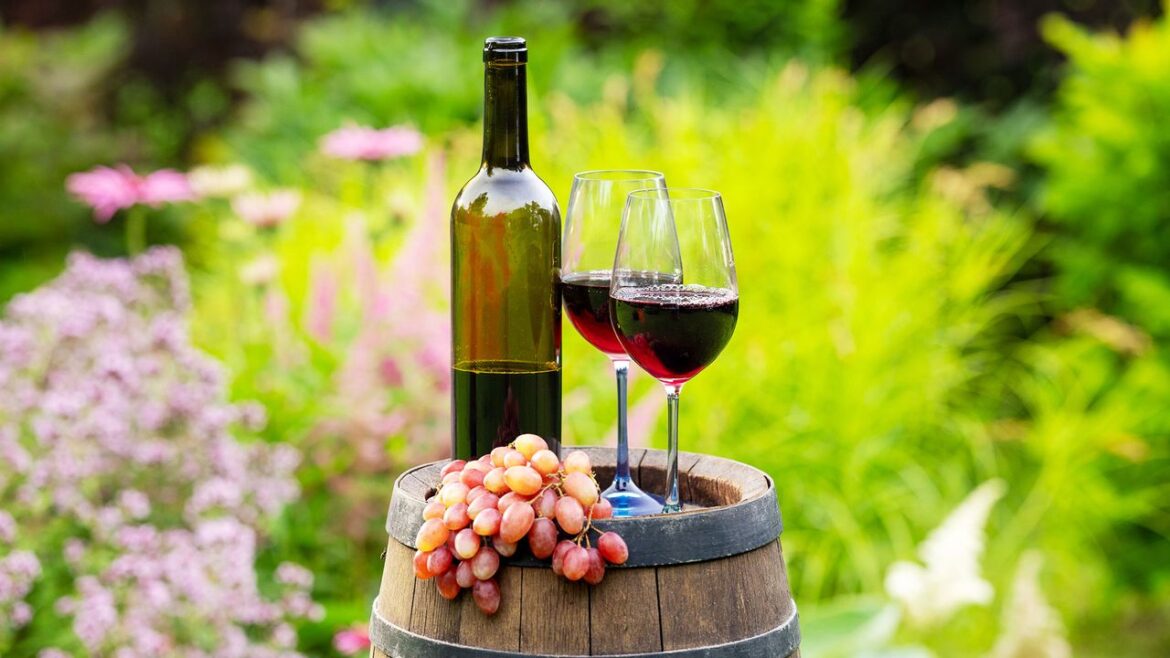Is red wine good for health? Going by European cinema, it’s a dietary staple, so here you are, polishing off a bottle of Merlot guilt-free. No harm, no foul, right?
We hate to bust your bubbl(y), but that’s simply not true. The notion of red wine having a favourable effect on your health, especially your heart, has been challenged by modern medicine and research. The former concept dates back to the French Paradox, a term coined in the late 1980s, which stands by the idea that the low rates of heart disease among the French may have been due to their proclivity for drinking wine, despite their fondness for cheese and other fatty foods.
This argument was given weightage by the discovery of polyphenols, beneficial plant compounds that help heart health, in red and purple grape skins. Furthermore, the Mediterranean diet, which has been proven to ward off heart attacks and strokes, also features red wine.
However, according to Dr. Kenneth Mukamal, co-site director for the Harvard Medical School Fellowship in General Medicine and Primary Care, the evidence that drinking red wine is good for your health, especially heart health, is rather weak. Speaking to Harvard Health, he says: “All of the research showing that people who drink moderate amounts of alcohol have lower rates of heart disease is observational. Such studies can’t prove cause and effect, only associations.”
So how does it really affect your health? And how much red wine can you drink in a day without harming your body? Here’s all you need to know.
Is red wine good for health? And how much red wine can you consume in a day? All you need to know
Decoding the French Paradox
Ever since the late 1980s, when this notion was first formulated, several experts deep-dived into its connotations and derived the conclusion that several other factors could be responsible for the lack of heart diseases among the French at the time. This refers to other facets of their daily lifestyle habits and dietary differences. A clear-cut example of this, says Dr. Mukamal, is that the rate of heart disease in Japan is lower than in France, but the Japanese are known to drink a lot of beer and hardly any red wine.
Are polyphenols in red wine good for the heart?
One of the greatest compounds in the polyphenols found in red wine is resveratrol, which is projected as a heart-protecting and anti-aging supplement. However, resveratol’s positive impact on heart health in humans is yet to be proven. In fact, a 2014 study conducted among men and women above 65 years of age in the Chianti region of Italy, whose daily diets were rich in resveratrol, found no link between the resveratrol levels and rates of heart disease. Additionally, resveratrol in a glass of red wine is actually very small — much lower than the doses used in studies that show health benefits. So this amount wont necessarily create a big difference on its own.
What are the harmful effects of drinking too much red wine?
Drinking too much red wine can raise blood pressure, damage the liver, lead to obesity and increase the risk of cancer. In terms of the last point, a recent study by researchers at Brown University (co-led by Eunyoung Cho, an associate professor of epidemiology and of dermatology at Brown) analysed 42 observational studies involving nearly 96,000 participants, and found no clear evidence that red wine mitigates cancer risk.
How much red wine can you consume in a day?
Going by Harvard’s extensive research on the subject, one should not drink more than 5 ounces (one serving) of red wine in a day. In terms of other sorts of alcohol like whisky and vodka, one drink a day for a healthy woman and two drinks a day for a healthy man is generally considered safe. Remember, moderation is key… no matter what you’re pouring into your glass.
What is the best time to drink wine?
While this is a subjective query at best, a study published in the European Heart Journal in 2024 suggests that the best time to drink wine is between 5 pm and 7 pm. This is due to the fact that wine consumed during, or after dinner, is processed better. The food you’re consuming alongside helps slow down the alcohol consumption, thereby preventing intoxication.


Dining and Cooking